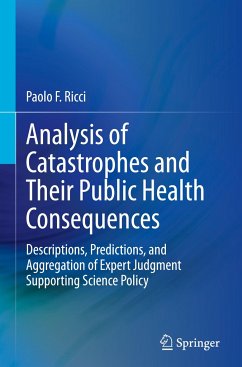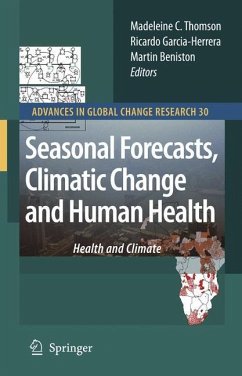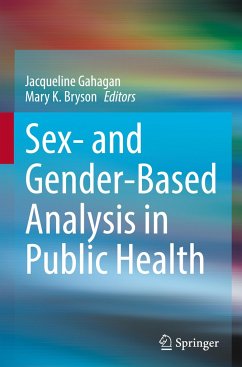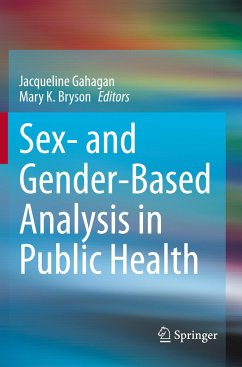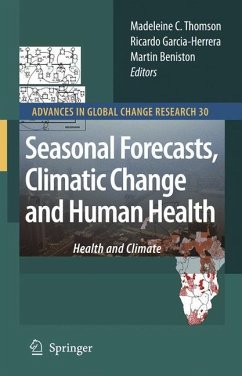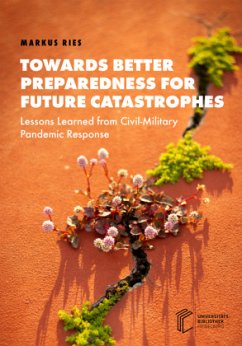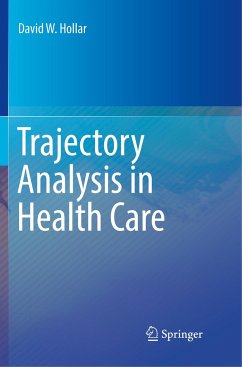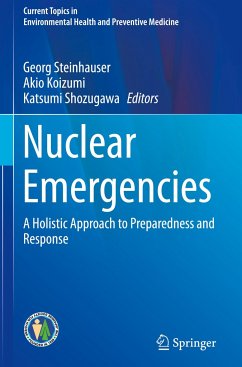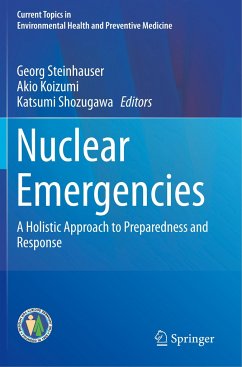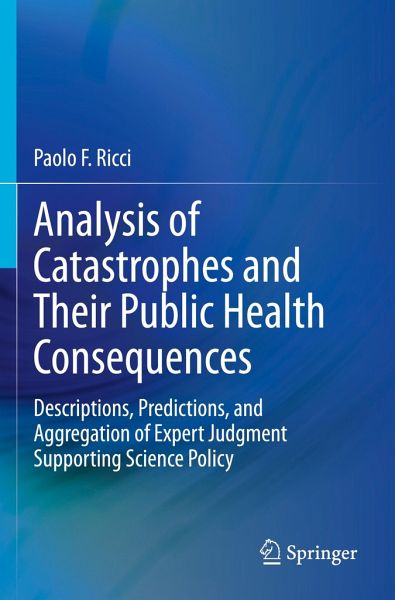
Analysis of Catastrophes and Their Public Health Consequences
Descriptions, Predictions, and Aggregation of Expert Judgment Supporting Science Policy
Versandkostenfrei!
Versandfertig in 6-10 Tagen
38,99 €
inkl. MwSt.
Weitere Ausgaben:

PAYBACK Punkte
19 °P sammeln!
Public health policy prospectively and retrospectively addresses the consequences of events ranging from the commonplace to the catastrophic. Informing policymakers and stakeholders by enhancing their understanding of complex causation to justify remedial or precautionary actions is a critical science-policy task. In this book, the key aspects of catastrophes (regardless of their nature) and routine events are identified through a common framework for their analyses, and the analyses of the consequences associated with the potential occurrence of these events also are discussed. The book is no...
Public health policy prospectively and retrospectively addresses the consequences of events ranging from the commonplace to the catastrophic. Informing policymakers and stakeholders by enhancing their understanding of complex causation to justify remedial or precautionary actions is a critical science-policy task. In this book, the key aspects of catastrophes (regardless of their nature) and routine events are identified through a common framework for their analyses, and the analyses of the consequences associated with the potential occurrence of these events also are discussed. The book is not about disaster planning; instead, it is focused on analysis and causation in the context of informing - rather than formulating - public health policy.
The author aggregates and fuses scientific information and knowledge in public health policy-science using alternative but complementary methods. The book first focuses on the analysis of catastrophes and commonplace events; thefocus then shifts to causal models of multifactorial diseases, particularly at low doses or dose-rates, associated with these events. Topics explored among the chapters include:
Policy and Legal Aspects of Precautionary ChoicesCatastrophes, Disasters, and Calamities: Concepts for Their Assessment Uncertainty: Probabilistic and Statistical AspectsAggregating Judgments to Inform Precautionary Decision-making
The aim of the book is to show that the analyses of events are fundamentally similar, regardless of whether the concern is a global catastrophe or commonplace.
Analysis of Catastrophes and Their Public Health Consequences is a text that should engage students, instructors, and researchers in public health, science policy, and preparedness research, as well as serve as a useful resource for policy analysts, practitioners, and risk managers.
The author aggregates and fuses scientific information and knowledge in public health policy-science using alternative but complementary methods. The book first focuses on the analysis of catastrophes and commonplace events; thefocus then shifts to causal models of multifactorial diseases, particularly at low doses or dose-rates, associated with these events. Topics explored among the chapters include:
Policy and Legal Aspects of Precautionary ChoicesCatastrophes, Disasters, and Calamities: Concepts for Their Assessment Uncertainty: Probabilistic and Statistical AspectsAggregating Judgments to Inform Precautionary Decision-making
The aim of the book is to show that the analyses of events are fundamentally similar, regardless of whether the concern is a global catastrophe or commonplace.
Analysis of Catastrophes and Their Public Health Consequences is a text that should engage students, instructors, and researchers in public health, science policy, and preparedness research, as well as serve as a useful resource for policy analysts, practitioners, and risk managers.



